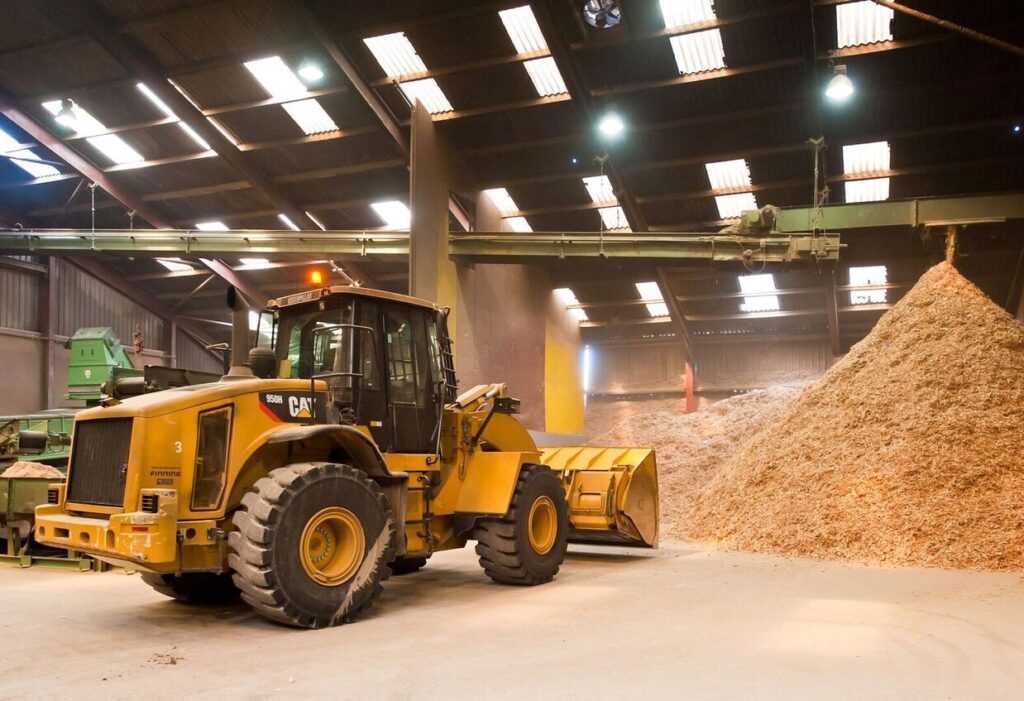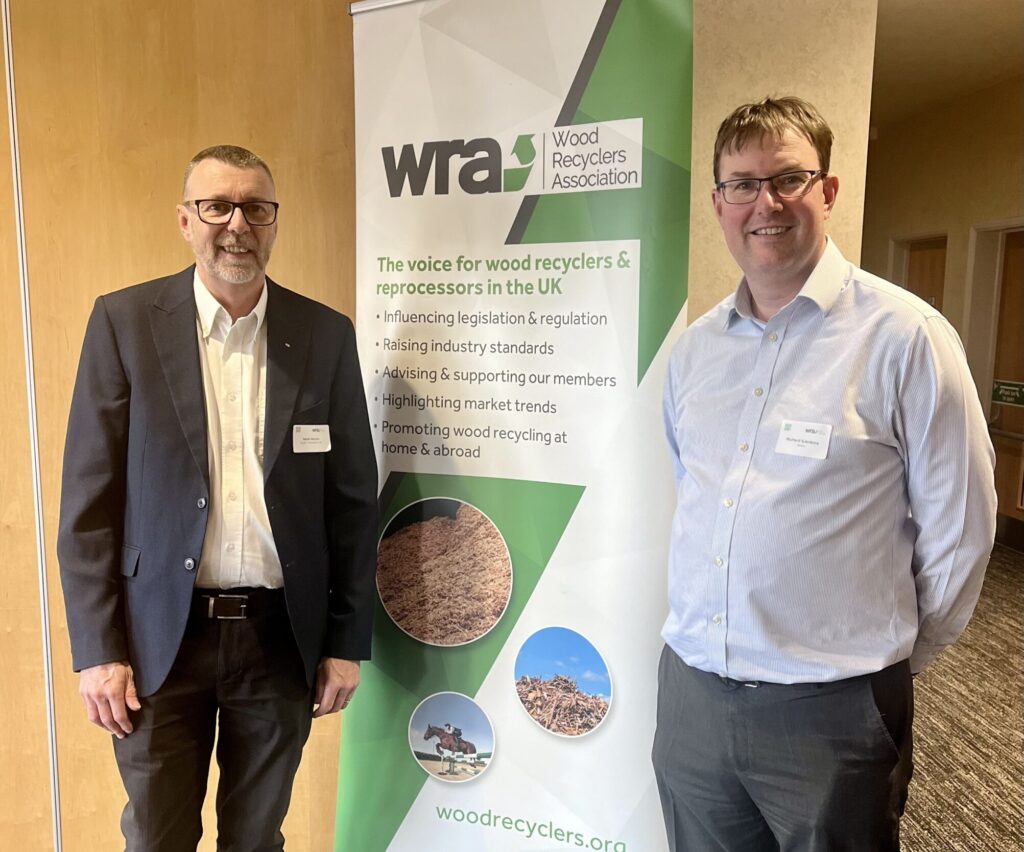The biomass to energy industry should focus on burning waste wood rather than trees, according to the UKs furniture industry.
As part of a campaign against the burning of woody biomass, FIRA the Furniture Industry Research Association argued this week that the biomass sector and the companies involved were driving up the price of wood for furniture making. And, the furniture body hit out at government subsidies for renewable energy which it believes should not be given to the biomass sector.

Instead, the furniture lobby considers that wood should have a first use, such as board making, and then can later be burnt for power generation. It also supports small scale power generation through the use of biomass.
In contrast a rival Back biomass campaign is calling on the government to guarantee subsidies for the biomass sector. This campaign is backed by power giants such as Drax and organised by the Renewable Energy Association.
Concerns
The concerns of the furniture sector have been raised by Stephen McPartland MP, chair of the All Party Parliamentary Furniture Group (APPFG) and MP for Stevenage, home of The Furniture Ombudsman and the Furniture Industry Research Association.
Mr McPartland said: Perhaps the most significant threat to the industry at the moment is the Governments support to energy suppliers in the form of subsidies. These subsidies cost the taxpayer over 100M in 2009/10 and the figure is rising all the time. They encourage the construction of new power stations designed specifically to burn huge quantities of biomass. Unfortunately, biomass is a euphemism which actually means trees and wood. Done on a small scale and Combining Heat and Power (CHP) Biomass plants are an excellent idea: they help provide economic and environmentally efficient solutions at a local level.
He continued: Sadly, the subsidies are being harnessed by big business and on an industrial scale; this is neither sustainable nor environmentally sound. Notwithstanding this dilemma, the threat to our industry is simply a by-product of this flawed policy: the increased demand is steadily pushing up the price of timber and board. Currently this is just causing discomfort and concern and manufacturers are absorbing the additional costs, but as more and more planned power stations are built the demand for timber will increase and the price will continue to rise.
Prices
Mr McPartland went on to warn that prices will rise and retailers instead will look to purchase furniture from overseas because a key British manufacturing industry will be placed at a competitive disadvantage.
Crucial to the debate is what biomass is actually made from with the furniture sector considering that it is simply a term used to disguise the fact that trees are being burnt. FIRA chief operating officer Jonny Westbrook told letsrecycle.com: The cost of wood has risen by 55% over the past five years. We are fundamentally against the growing of virgin trees and giving significant amounts of money simply to pay for chopping them down for burning to make electricity.
The rival Back biomass campaign said today: The biomass industry could also help contribute to green growth in the UK by enhancing the value of biomass sources. Actively developing the UK biomass energy supply chain would place a real economic value on wood thus incentivising better managed woodland and a host of related industries, such farming and agriculture (including short rotation forestry, and the integration of biomass crops into farming crop cycles), transport (ports and rail), processing (pellet plant facilities ) and many more.






Subscribe for free